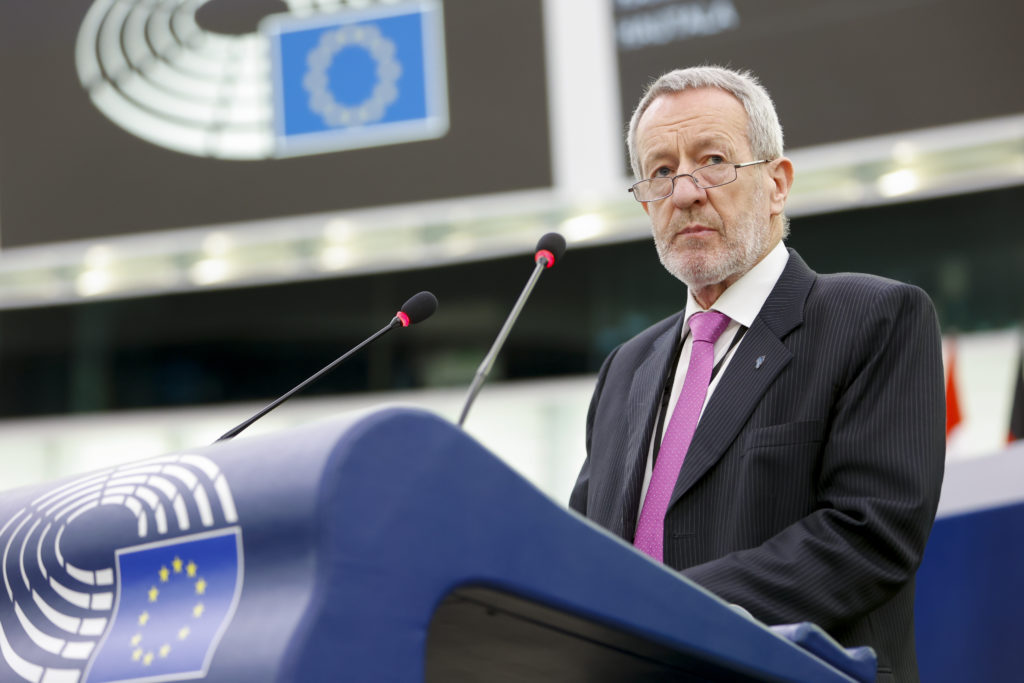Published: Tue, 12 March 2024
Share this

European Parliament demonstrated a its commitment to addressing climate change by voting on the Energy Performance of Buildings Directive (EPBD). The law, which received an overwhelming majority of 370 votes in favor, 199 against, and 46 abstentions, is a significant step towards decarbonising buildings across the European Union, reducing the EU’s emissions, and achieving climate neutrality by 2050.
Sean Kelly, Fine Gael MEP for Ireland South, and lead negotiator for the biggest political grouping in the Parliament on the Directive, expressed his satisfaction with the outcome. “The proposal on the table now is a balanced and practical agreement that gives member states a very high degree of flexibility to take into account local circumstances and different starting points,” remarked Kelly.
The EPBD aims to fully decarbonise EU buildings by the middle of this century, addressing the pressing issue of carbon dioxide accounting for 36% of the bloc’s emissions. Kelly highlighted the economic benefits of the legislation, “For Europe, increasing energy efficiency will be an extremely important component of economic resilience. The energy crisis has clearly shown us the dangers of leaving our citizens, businesses, and industries exposed to volatile global fossil-fuel markets and the crippling price spikes they bring. Ending our dependence on external sources for our energy supply is good for the climate, good for Europe energy security, and critically, good for our economy and EU competitiveness.”
“In 2022, the same year the energy crisis really began to wreak havoc on our electricity and gas bills, the EU relied on expensive imports for 62.5 percent of its energy consumption. In Ireland, we spend a million euro every hour on fossil fuel imports. The need to address the built environment is clear from both a climate and economic perspective”, he added.
Kelly emphasised the importance of private investment and EU funding for the transition, encouraging financial institutions to provide additional financing tools such as green mortgages and renovation loans.
The EPBD, initially met with resistance last year, underwent modifications to focus on reducing the energy use of residential buildings as a whole rather than mandatory individual revamps. Kelly acknowledged this shift: “The threat of compulsory renovation that had been hanging over millions of owners and tenants is now off the table.”
Kelly pointed to the significance of the EPBD in increasing energy efficiency: “Scaling up the deployment of renewable energy technologies is a vital part of delivering on our climate goals but it must go hand-in-hand with maximizing the efficiency of our existing building stock.”
As the EPBD heads toward approval, Kelly concluded: “The EPBD will make it easier for people to renovate their homes, ensuring our buildings consume less energy and rely on cheaper and greener renewable sources. After two years of work, the deal on the table now is a balanced and practical agreement that injects affordability into Europe’ Renovation wave.”